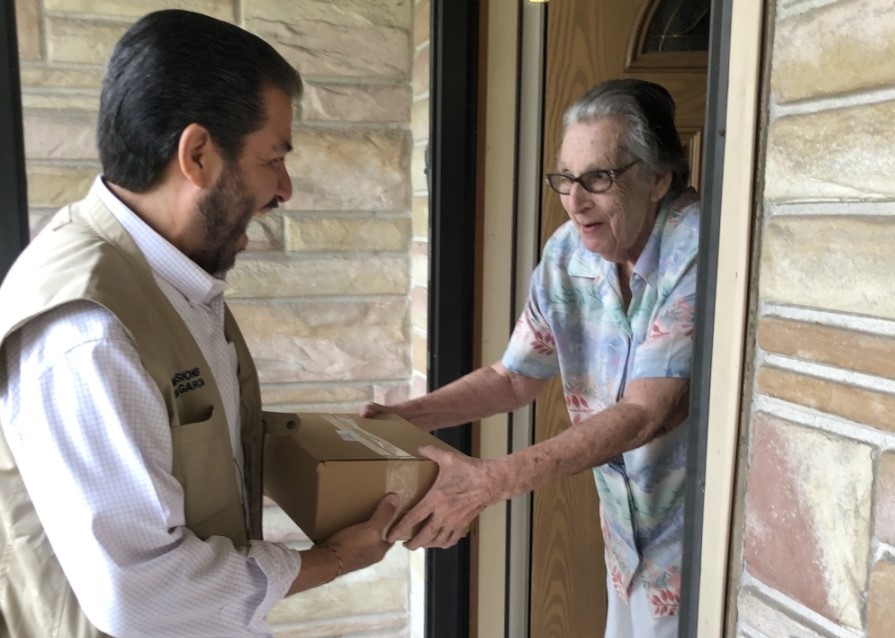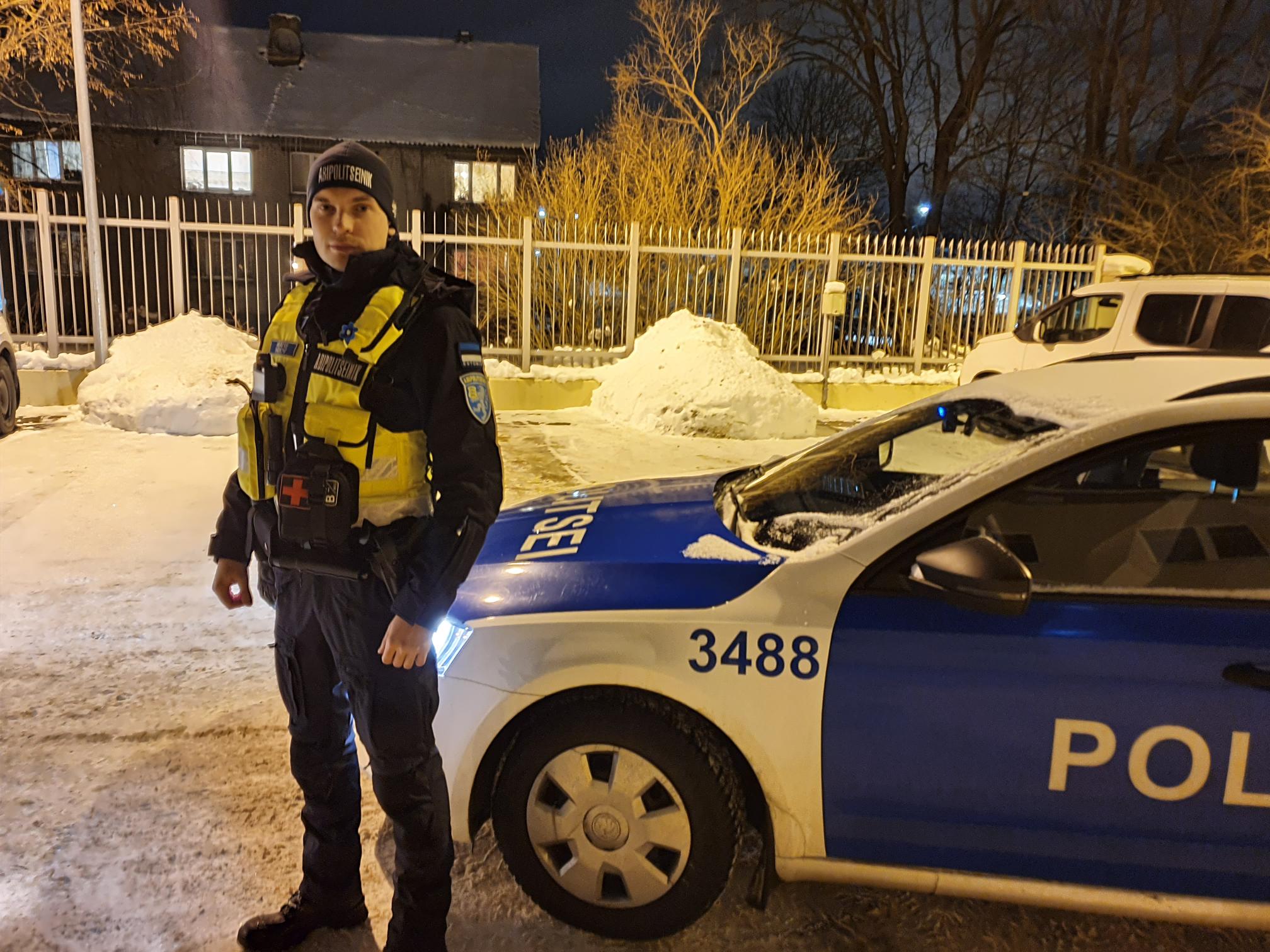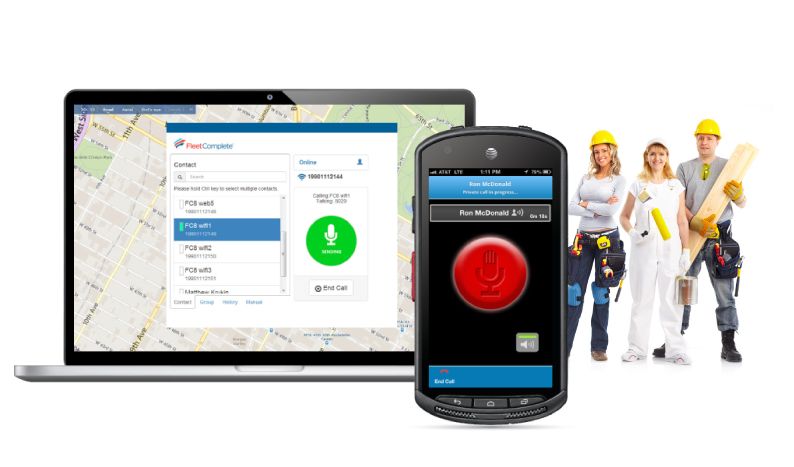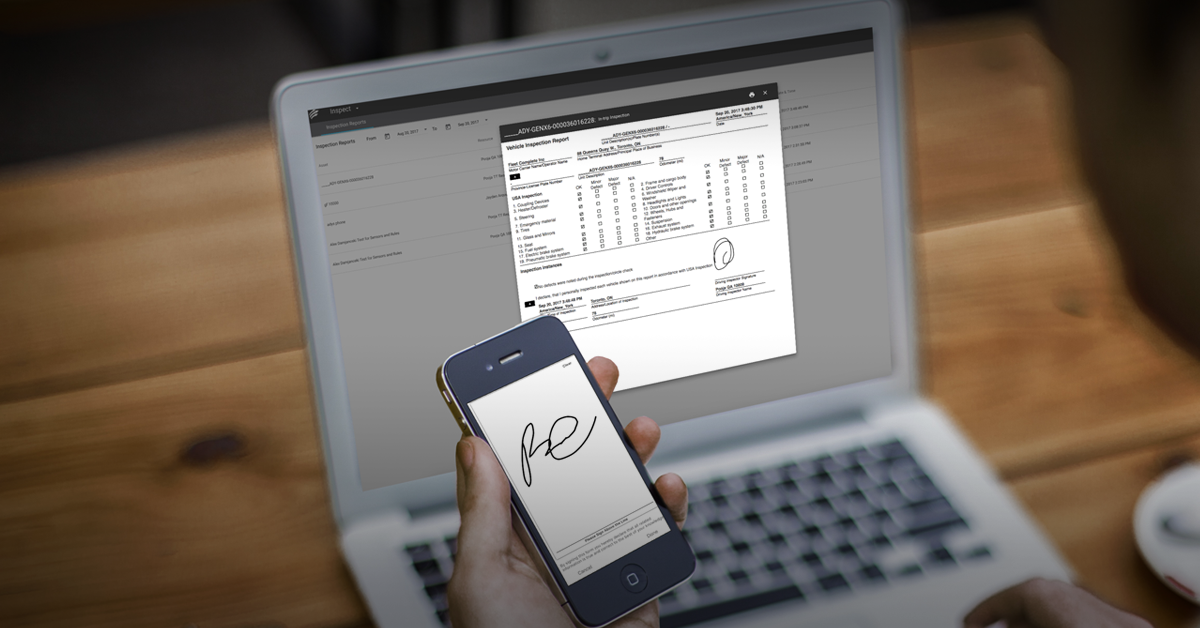Have you heard? Last week, Toronto public officials announced that Sidewalk Labs (a subsidiary under Alphabet, Google’s parent company) plans to redevelop 12 acres of southeastern waterfront in downtown Toronto as a pilot project, transforming industrial buildings and abandoned parking lots into an innovative urban community. The newly coined Quayside neighborhood will be built “from the internet up”.
Take a listen at what Torontonians are saying
In leading the development of Quayside, Sidewalk Toronto aims to tackle some of major problems of urban living such as high housing costs, commute times, social inequality, climate change and even cold weather keeping people indoors.
Some of the solutions proposed by Sidewalk chief executive Dan Doctoroff include:
- Robot vehicles moving waste and other goods through underground tunnels to replace city garbage trucks.
- App-controlled self-driving “taxi-bots” and self-driving buses to alleviate gridlock.
- Windshields and heated outdoor surfaces to enable Torontonians to spend more time walking and cycling outside during the cold Canadian winter.
Using sensors and other cutting-edge technology to collect data from people living in this community, Sidewalk will make continuous iterative improvements based on foot traffic patterns and trends in interaction with the environment. Sidewalk expects that many residents, in general, will be attracted by the idea of living in a place that will continuously improve.
“The objective here is about finding ways to address our biggest urban challenges and improving quality of life,” said Doctoroff. “If their cost of living goes down by $10,000 to $15,000 per year — we think that’s possible here. This becoming the most climate-friendly place of anywhere in the world, that’s possible.”
Prime Minister Trudeau also expressed enthusiasm for heralded “technologies that will help us build smarter, greener, more inclusive cities which we hope to see scaled across Toronto’s eastern waterfront and eventually in other parts of Canada and around the world”.
Leveraging data to improve quality of life, efficiency, and sustainability
And we couldn’t agree more. Industry-leading initiatives like Sidewalk Toronto are an incredible way to show how data gathered through the Internet of Things can be leveraged to improve quality of life, efficiency, and sustainability.
In our professional and personal lives, there are so many ways that data can help us make smarter decisions to save money and time, and those are the goals we strive to achieve with our IoT solutions.

“Data is everything nowadays, and we invest heavily in research, seeking continuous feedback from our customers to inform the development of Fleet Complete IoT solutions,” said Alan Fong, Fleet Complete’s Chief Technology Officer. “Connected technologies and real-time data collection alleviate a lot of cumbersome, resource-oriented work, and we try to proliferate IoT into all areas of fleet and business management. Best of all, these efforts to digitize and automate business operations also reflect positively on reducing carbon footprint. Data really is king.”
For example, take this visualization of commercial traffic density patterns over the course of a single day in Toronto, captured and aggregated through a GPS vehicle tracking smart device, Fleet Tracker by Powerfleet (formerly Fleet Complete). Imagine the indispensable insights this could afford to city planners or those tasked with improving roads or planning new transit routes?
Capture of traffic density by Fleet Tracker
As a Canadian business with a global clientele, we fully stand behind ground-breaking initiatives to build smarter, more efficient and more affordable cities and are open to playing a role in any way we can.












